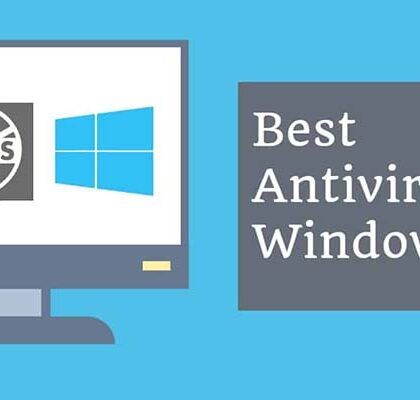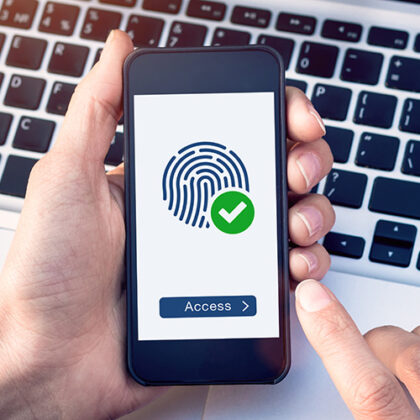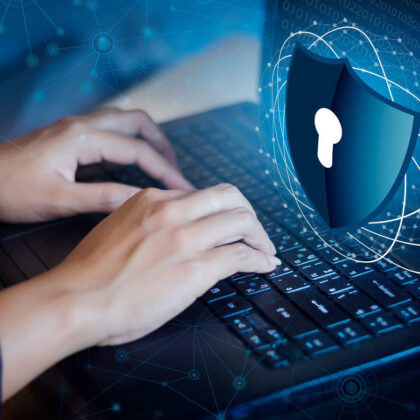Hacking is definitely not a new phenomenon; browse online for the history of hacking and you would come across lots of interesting information. There had been guys who hacked into secure wireless telegraphy network; there had been guys who have hacked into early telephone systems and there was the hacking that made possible the stealing of morse-coded radio communications which were enciphered and transmitted using Enigma machines during World War II. Then came the era of computer hacking and now we have arrived at a stage when hacking is almost a daily news, or maybe not even news. Still some hackers and some of the hacking incidents make for big news.
The report that millions of email ids and passwords have been hacked and are being sold in Russia’s criminal underworld is big news indeed. With this mega-hacking having been reported, 2016 seems likely to earn for itself the ‘Year of data breaches’ title. (Of course it has now been reported that this recent hacking didn’t actually happen the way it was reported!). We are just into the second quarter of the year; we could very well expect to hear more such hacking stories in the course of the next few months too.
So, the long and the short of it is this- hacking is here to stay; and who knows, it could be you next! No point in starting; hacking could happen to just anyone. Well, that’s what experts say. Hackers on the prowl can just take the opportunity and hack into your system or mobile device and make away with your personal data stored in your system, your email accounts, your mobile phones etc. The stolen data could later be used to rob you of your money or to hack once again into systems or accounts of people who are in your contacts. Well, this could happen to you, yes YOU. That’s a fact that you’ve got to reckon with. That’s something you’ve got to gear up to fight with.
So, how to fight hackers and hacking? Well, here are some tips that would prove useful…tips that could help combat hacking to a practically and significantly possible extent…
Beware of spams
Beware of spams while on the net. You could get spammy sites and spam mails. Spam websites may come up, based on what kinds of websites you browse or what kinds of google searches you do and even sometimes based on what kinds of chats you have. Most of these are for advertisement purposes, but some of them would have spam links or phishing links that could either bring in malware or steal your log in details. Similarly, spam links/phishing links coming through emails could also cause such mischief. There are also phishing links that come up in chats etc. All you can do is exercise maximum caution and not click spammy links. You could also put filters in your mail for spammy emails.
Go for trusted add-ons only
You’d be getting all kinds of add-ons while on the internet; websites may suggest add-ons too. But it’s always advisable not to go for such add-ons since some of them could install malware on your system, may install cookies to track your internet behaviour and might even slow down your browser or system. It’s always advisable to go only for add-ons from trusted sources.
Be a good password manager
Yes, you read it right! In today’s scenario, we all need to be good ‘password managers’; we need to be adept at creating and managing passwords. Tending to go for easy, rememberable passwords is never advisable, because easy to remember passwords are the ones that get hacked most easily. Always go for long passwords; 8 or more is said to be the ideal character length for security reasons, but experts would want us to go for passwords with 12 to 14 characters. A mix of alphabets, numbers and non-alphanumerical characters would be the best. Moreover, it’s always good to keep changing passwords regularly. In the wake of the recent hacking of email usernames and passwords, it would be apt to point out that it’s best to have different passwords for different things rather than going for one, easy to remember one. You definitely won’t want someone who has hacked into one of your email accounts to hack into other email accounts, bank accounts etc! It would also be better to avoid passwords with one’s date of birth or with the date of birth of family members, especially one’s spouse.
Go for ad-blocker
YouTube, Websites, and social networking sites come with ads; ads are revenue generators for websites and such service providers. Ads sometimes prove helpful to users too, introducing them to new products, better services etc, but at the same time, there are ads and pop-ups that come with malware too. So it’s always good to go for ad-blocker and stay away from ads. Of course, when you are pretty sure you want to watch an ad that a website you trust suggests, you can turn off ad-blocker selectively, but it depends solely on your discretion.
Be wary of pop-ups
Be very cautious of pop-ups, which are mostly used for advertisements and come up now and then during your internet browsing. Some pop-ups may lead to installing Trojan or other malware on your system and may leave location trackers and other such stuff, which could prove harmful for you. So, be very cautious of pop-ups; handle them with care.
Endpoint security, a must
Endpoint Security is a must these days; there are different kinds of malware that may get into your system or network through endpoint devices, which are very common in today’s scenario. Hence, it’s always good to go for stringent endpoint security measures.
Go for trusted security products
Always go for the best of security products. Check not just the cost, but the features and the level of security that anti-virus programs and security products offer and then choose the best of the lot, the one that guarantees maximum security.
Scan system, scan devices
Make it a habit to scan your system or network regularly and also to scan every single device that you attach to the system or network, and that too every time you attach it.
Such small steps could prove useful in combating hackers and hacking, though it’s usually said that there’s no foolproof strategy against hacking. Well, to round it off, it has to be pointed out that it all depends on you. As experts say, it’s the person who uses the computer and the internet who is the best protection against malware, hackers, and hacking. Yes, it’s up to you to make yourself secure…
 |
Author bio– Unni R Nair is a writer from Comodo and writes on various topics including internet security, Online Reputation Management, Endpoint security etc and can be reached at:
Twitter: https://twitter.com/unni_nairwriter |





